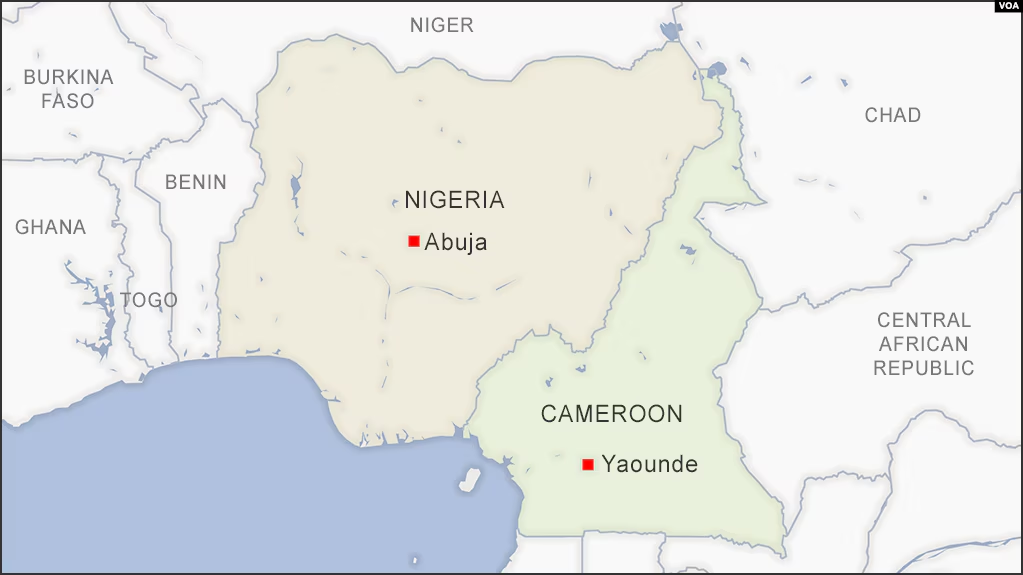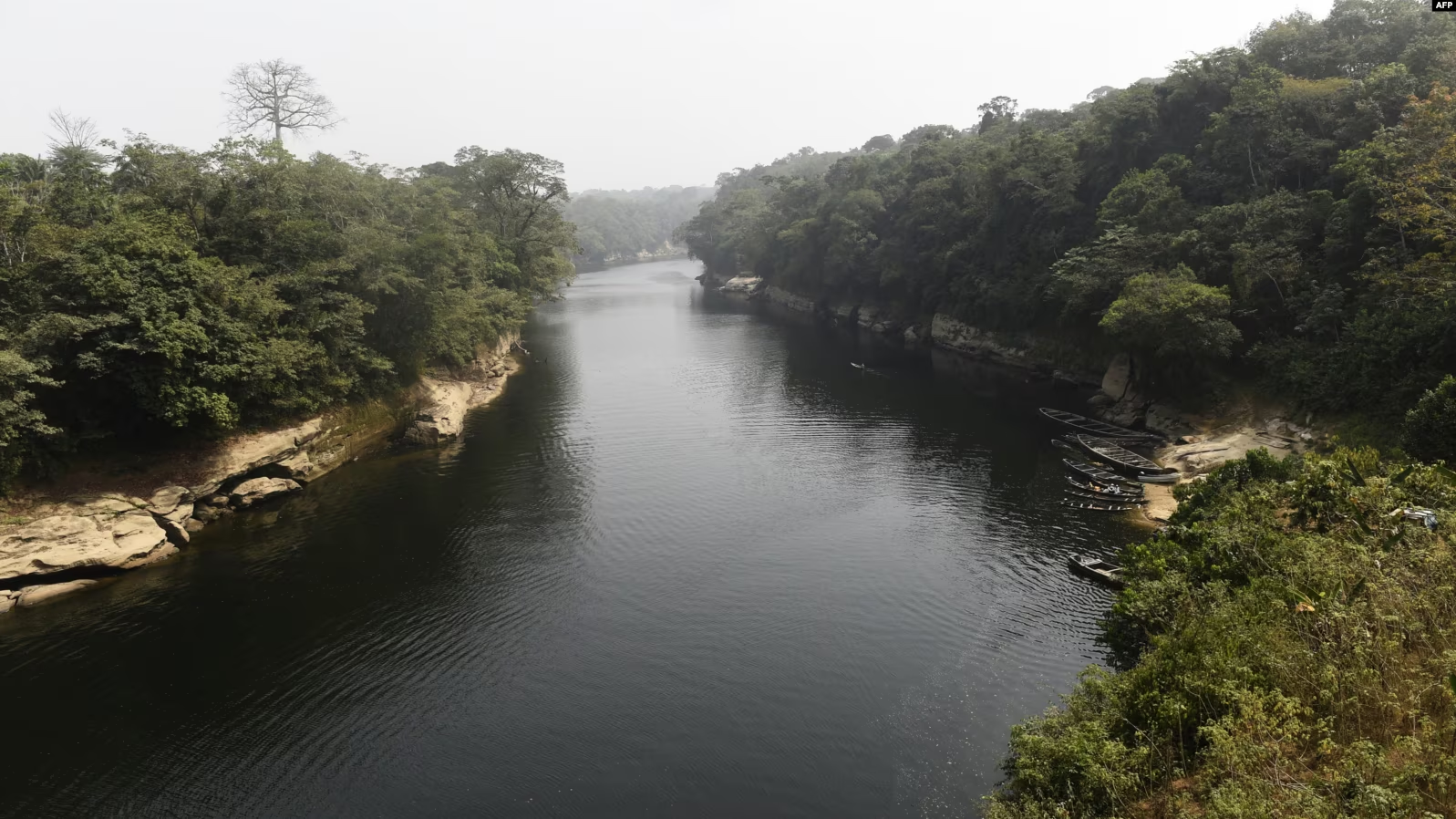YAOUNDE, CAMEROON — Nigeria and Cameroon announced on Thursday that they will forgo seeking a court ruling to settle their long-standing border dispute, opting instead for a direct, on-site resolution process. The decision marks a significant shift in how the two nations plan to address their territorial disagreements.
The two countries, which share a 2,100-kilometer (1,300-mile) border stretching from Lake Chad in the north to the Gulf of Guinea and the Atlantic Ocean in the south, have agreed to work together on a new demarcation plan. This plan aims to resolve conflicts over the border’s precise location, which has been a source of tension for years.

Leonardo Santos Simao, chairperson of the Cameroon-Nigeria Mixed Commission established by the United Nations to address the dispute, expressed enthusiasm about the decision. He described the agreement as a “milestone,” emphasizing that it will avoid the lengthy and costly process of seeking a ruling from the International Court of Justice (ICJ).
Key Aspects of the Agreement:
- On-Site Validation: Both countries will send joint delegations to visit disputed areas, including Rumsiki and Tourou in northern Cameroon and Koche in eastern Nigeria, before the end of 2024. This step will help finalize the border demarcation plan.
- Timeline for Resolution: Nigerian Justice Minister Lateef Olasunkanmi Fagbemi confirmed that the project to resolve the border dispute is expected to be completed by the end of 2025. “By the end of 2025, this project should be concluded,” he said, reflecting a shared commitment to ending the dispute.
- Historical Context: The Cameroon-Nigeria Mixed Commission was created in 2002 following an ICJ ruling that awarded the Bakassi Peninsula, a resource-rich area, to Cameroon. Although Nigeria initially resisted the ruling, the government eventually agreed to respect the decision.
- Impact of Boko Haram: Both countries acknowledged that progress on border demarcation had been impeded by the security challenges posed by Boko Haram, a terrorist group that has affected regions on both sides of the border. However, they noted that the group’s influence has waned, allowing for renewed efforts on the demarcation process.
- Future Steps: The agreement envisions moving beyond existing disagreements over the border’s location in approximately 30 villages. Simao and Fagbemi both expressed optimism about the outcome of the two-day meeting in Yaoundé, which laid the groundwork for this cooperative approach.
International Reactions:
The decision to resolve the border issue through direct negotiations rather than international legal processes has been welcomed as a pragmatic solution. The agreement reflects a diplomatic breakthrough that could serve as a model for addressing similar disputes globally.
Historical Background:
The Cameroon-Nigeria Mixed Commission was initially formed at the request of Cameroonian President Paul Biya and then-Nigerian President Olusegun Obasanjo to implement the 2002 ICJ ruling on the Bakassi Peninsula. Despite initial resistance from Nigeria’s senate, which argued that the colonial-era agreement underpinning the ruling was unfair, the Nigerian government ultimately accepted the verdict.
